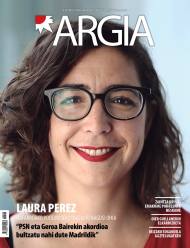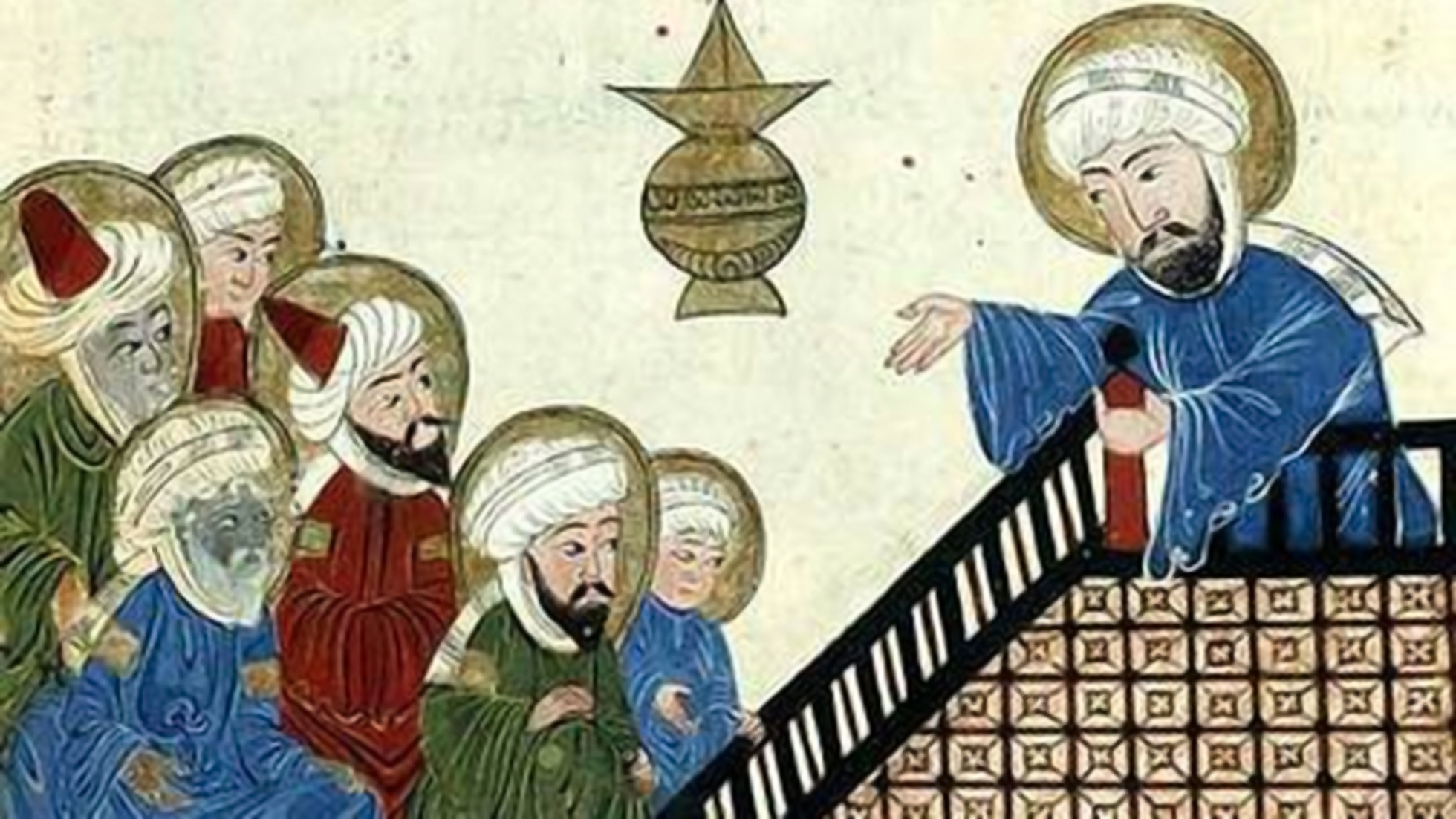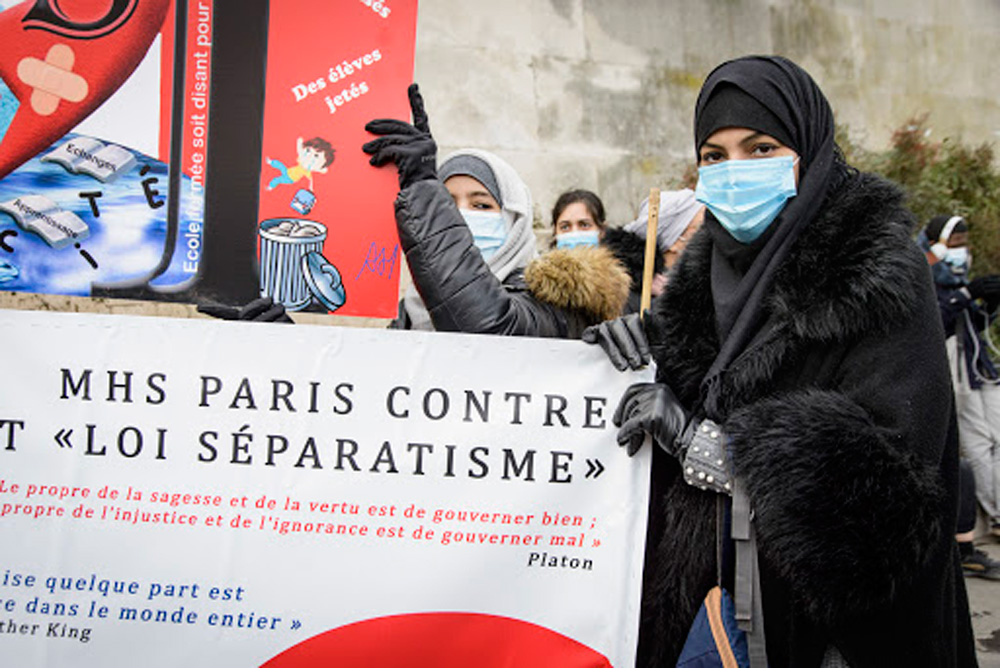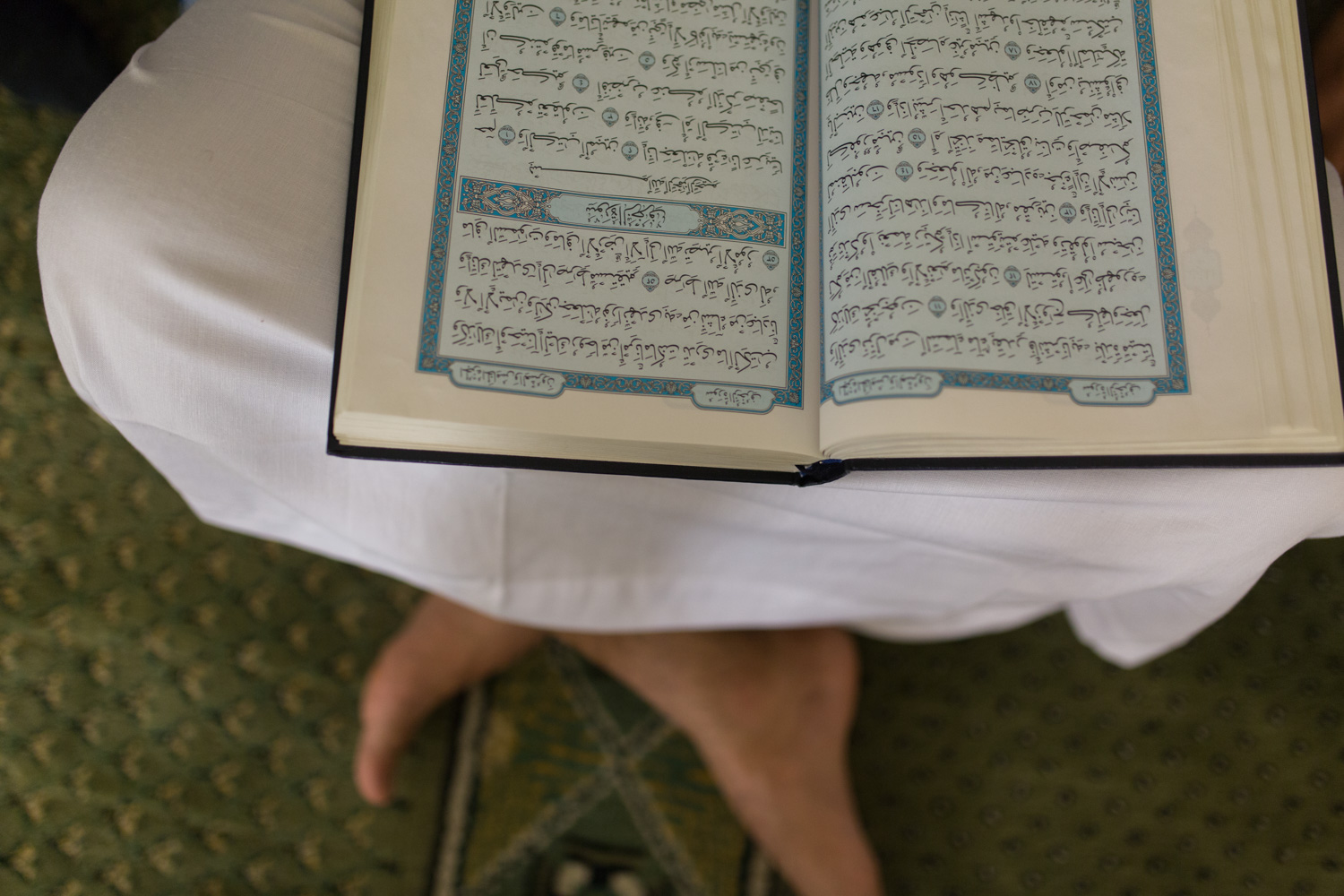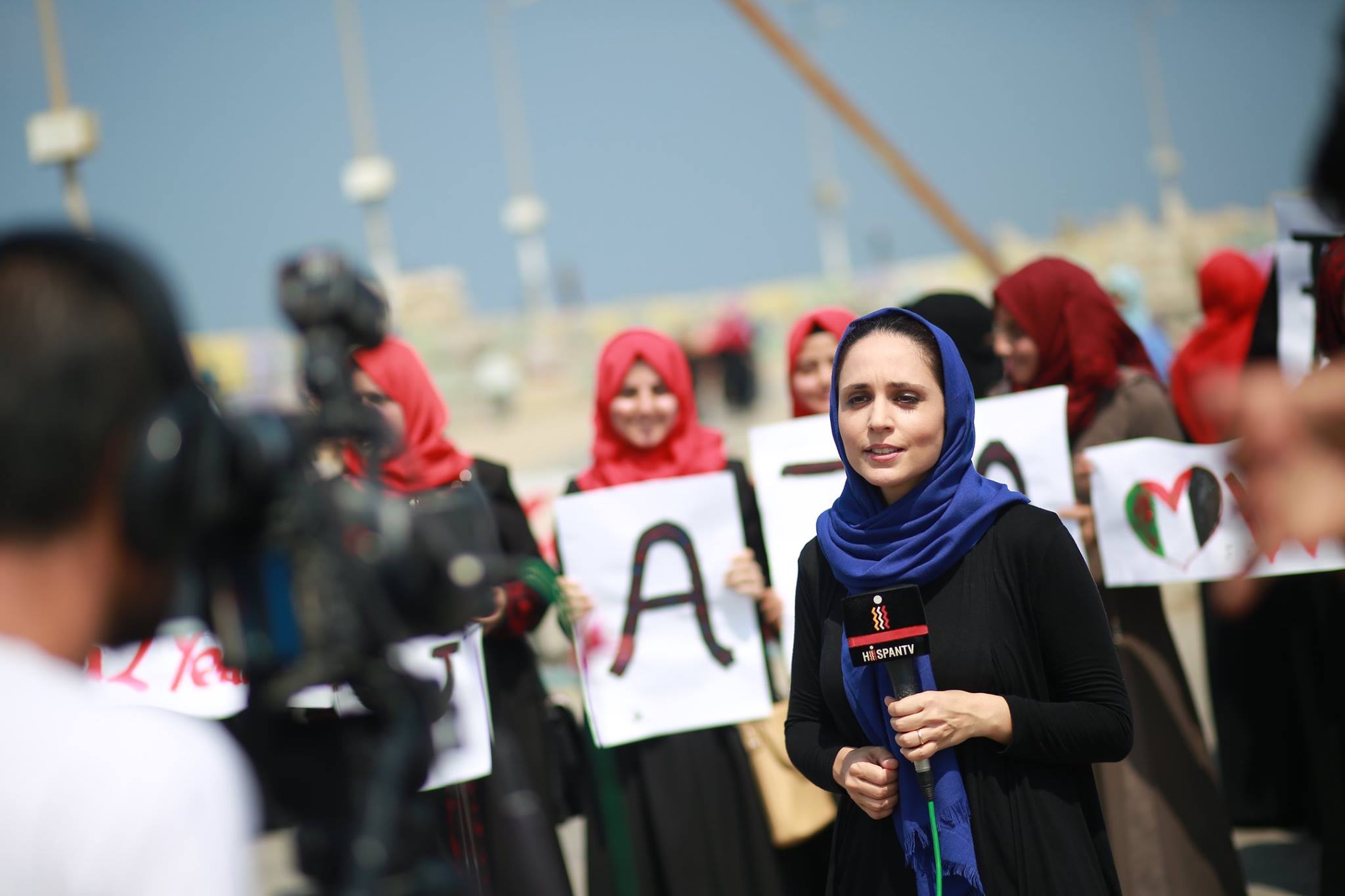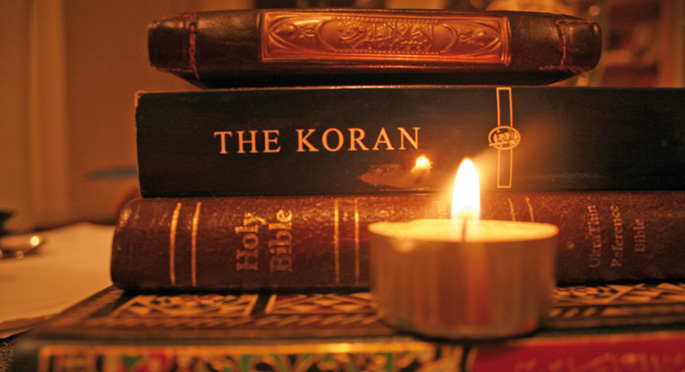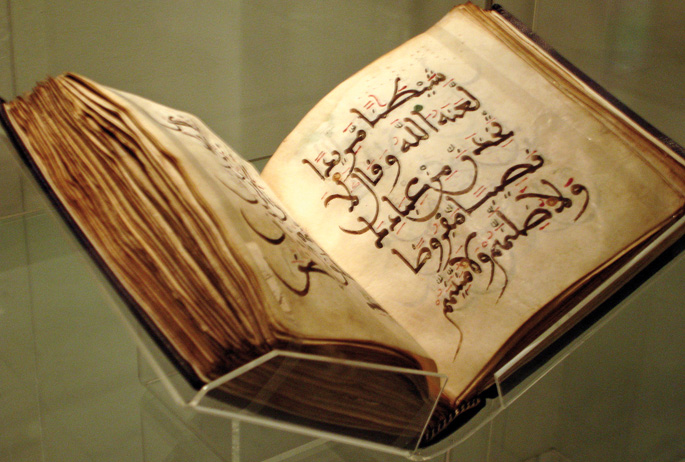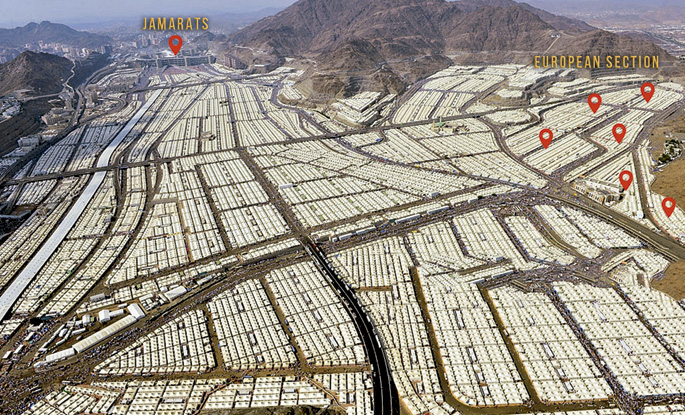"To be a Muslim means to carry the burden of the migrant here and now"
- Bachelor of Sociology, in youth movement and in Basque, Othman is a Muslim practitioner who began to approach Islam a few years ago and has now become a Muslim practitioner, with the Arabic name Othman included in the documents. With him we have talked about his personal trajectory to reach Islam and the concerns of the Islamic community, which consists mainly of immigrants.
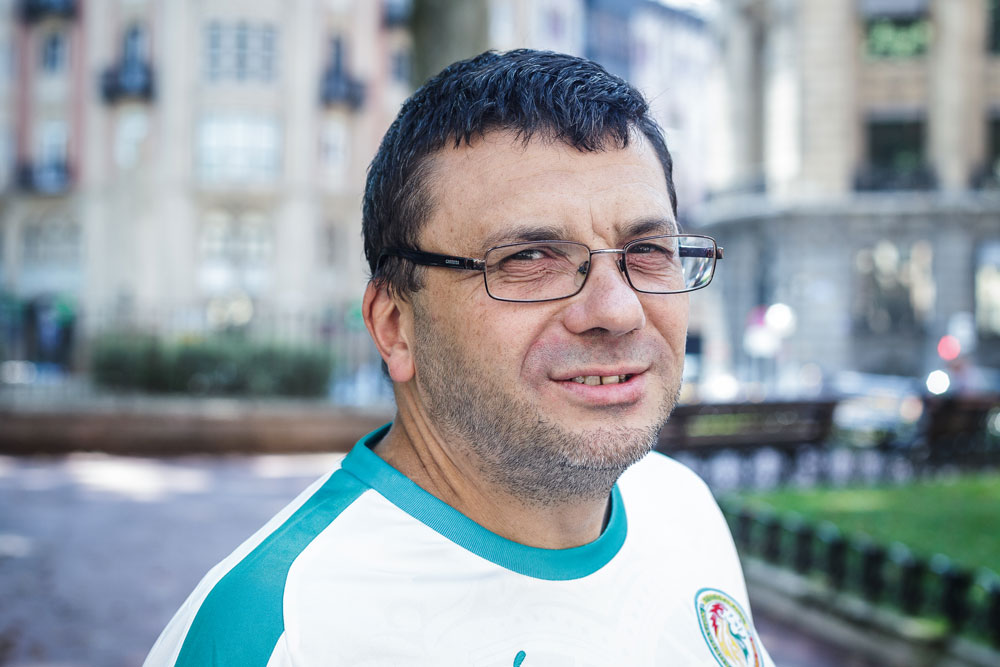
The journey of young Alfredo goes through the youth movement...
First, I had to recover the Basque lost by my grandparents, as a child I lived in Madrid for a few years. I came back and the Basque Country ignited me. I was marked by youth, occupation and the student movement, an environment conducive to socio-political education, intense and dense. What at that time lived together with the motto March and struggle today is difficult to find in Europe, we have lived in a small and special people.
How was your way to become Muslims?
I am the eldest son of a family of six brothers who practice Catholic Christianity and received a Catholic Christian education. In adolescence, I remember dreaming of Aisa, the prophet of Islam, and the movie The Message told me the truth about Islam. Then I grew up with disagreements about political behaviour and doubts about the doctrine of the Catholic Church. I interrupted religious practice as I deepened knowledge of the branches of Christianity. Later, when studying sociology, I met some views on the consequences of religion and belief, such as research on the influence of Max Weber on the emergence of capitalism and of the thinker of Al Andalus, Ibn Khaldun, the first sociologist in history.
When did you become totally Muslim?
I started calling myself a Muslim, and when I was 34, I made the testimony of shahada or faith. Since then I have learned to live as a Muslim and have tried to do so. I've married twice, I've had three children with my second wife.
You have contact with many immigrants. Have you achieved a special vision as a Muslim sociologist to understand the mentalities of Muslim immigrants? As a
sociologist, I have the opportunity to live the issues of the community “inside and in my own skin”, and that is very enriching for a social researcher who is approaching to analyze a certain reality. Most of the members of our community are immigrants and descendants of immigrants. To be a Muslim means to carry over the burden of the migrant both here and today. And that also affects Muslims who are not immigrants, because to be a true socio-spiritual community we have to socialize the problems of our brothers; if not, we are not real Muslims. Public institutions often include our demands and needs in the “set of problems of immigrants”, although sometimes not consciously, although this phenomenon occurs less and less.

What afflicts them with customs and attitudes here?The lack of spirituality of today's postmodern society and the breakdown of social relations
that individualism entails are the most difficult traits of our society for many members of our community, many of them, have recently come from countries with strong and rich social relations, and when I have the opportunity to contrast opinions with them, it is something that is repeated frequently. Instead, I try to say that a generation ago in our country, things were quite different, especially when it comes to the organization of the family and the relationships between the neighbors, but they became incredible.
There have been some manifestations of revulsion and even some attacks on mosques. How do you interpret them?
In western Europe, mistrust towards Islam and Muslims is widespread, for historical reasons, throughout the territory of Al-Andalus and in south-west Europe due to the transfer of heritage by the practice of Islam and the wounds caused by its prohibition. In all the peoples or nations of Iberia, each in its own measure, this occurs and the traumas surrounding colonization, plus the unjust management of the sociocultural contribution of Muslim immigrants have increased the relationship of distrust.
What initiatives are needed to establish links and strengthen existing ones?
New strategies are needed to organize personal and public life. It is very important to prioritize what unites us in our neighborhoods and to situate what differentiates us as an opportunity and not as a source of problems. The institutions begin to realize that the management of the needs, problems and demands of our community is a problem “here”. For example, the Basque Government has just set up an Advisory Council of Ados to jointly organize institutional relations with the Islamic community of the CAV. Those responsible for the Human Rights Directorate, as a social and Muslim researcher, have appointed me as a member of the Commission Ados. There, I must admit that I am not a representative of anyone, but a voluntary adviser.
“Moriskologiak Mantxako birraitonaren jatorri etnikoa ezagutzen lagundu zidan. Nire Gómez-Cambronero abizenaren iturri moriskoa duela urte batzuk ezagutu ahal izan bainuen. Moriskoak kristau bataiatzera behartutako musulmanak ziren, bataioan izen islamikoa galdu eta izen-abizen kristauak erromantzez hartu behar izaten zituzten. Naturako elementuak izaten ziren, Cerezo edo Manzano adibidez, edo moriskoak nagusi ziren ofizioak, Cambronero (saskigilea) kasu. Aitonak ezkutatu egiten zuen abizen hori, maketo itxurakoa zelakoan, baina ni gaur egun harro nago nire jatorri moriskoaz”.
This March begins Ramadan. Jamina asks the teacher for permission to put a poster on the course so her peers know.
The professor has denied him, "We are a secular center." At Christmas they painted and painted belenes in class; they sang to Santa Águeda; the days of Immaculate... [+]
Jihadismoa eta errefuxiatuen aferak izan zituen aztergai irailaren 5ean Ane Irazabal kazetari arrasatearrak Kulturaten egindako solasaldian. Areto nagusia txiki geratu zen. Errefuxiatuei buruz, Europaren blokeoaren aurrean "laguntza legala eta juridikoa" behar dutela... [+]
Muturreko praktika islamiko horrekin gizonak emakumea baliabide gabe utz zezakeen nahi zuenean. Herrialde hartako Gorte Nagusiak debekatu egin du orain.
Wassyla Tamzali abokatu aljeriarrak erlijioa kontrol modua dela salatzen du. Haren ustez, erlijioaren egitekoa ez da feminismoa eta ez da demokrazia. Feminismoa berriz, ez da moralaz ari, askatasunaz baizik.
Software engineer Tom Anderson has analyzed the Bible and the Quran through the Odin Text text analysis software developed by himself. Anderson wanted to know which of the two cases of violence and cruelty are most evident, and the result is that the Bible defeats the Quran in... [+]
Pamplona 1143. The English theologian, astronomer, translator and Arabic Robert of Ketton (Robertus Ketensis, in Latin) translated the Koran for the first time into Latin. Although we know very little about the early years of his life, it seems that Ketton studied in Paris. In... [+]
Irailaren 24an 1.100 erromes –4.000 zenbait iturriren arabera– hil ziren Saudi Arabian Meka eta Mina leku santuen arteko Jamaraat zubian. Hiru egunez hiru milioi sinestun musulman egonak ziren bertan otoitzean. Mahomaren aginduz sortutako turismo fededuna, negozioa,... [+]









